 Looking back, I think I have always understood that science fiction is philosophy in fancy dress. My favourite science fiction stories are the ones that make you think – the ones that ask, “what would it be like if…” That is what I tried to do in my novel, Pandora’s Brain
Looking back, I think I have always understood that science fiction is philosophy in fancy dress. My favourite science fiction stories are the ones that make you think – the ones that ask, “what would it be like if…” That is what I tried to do in my novel, Pandora’s Brain.
I started reading the stories of Arthur C Clark, Isaac Asimov, JG Ballard and the rest as a young boy, and that was also when I formed my first lasting ambition – to study philosophy at Oxford. (I still don’t know where that ambition came from. Perhaps it was something my father said – he died when I was nine, so I never got to ask him – or perhaps I read somewhere that the two disciplines are linked.)
I was lucky enough to fulfil the ambition. That was a long time ago now, and in my memory our tutor’s room is always in twilight, overlooking the autumnal quad. Philosophy of mind was almost a recreation – certainly a welcome relief from the painful rigours of philosophical logic.
A brilliant and charming man, our tutor would curl up in his chair and throw thought experiments at us, dreaming up ever more intriguing worlds to tease out our intuitions and challenge our fragile conclusions about what it means to be a person, an individual, a human.
Imagine a world populated by intelligent aliens which reproduce by cloning. How would they understand the difference between parent and child? Teleport to another world where members of the dominant species live forever, and everyone accepts that in the course of millennia there is no physical or mental component of themselves which remains the same. Would they even possess a concept of personal identity? It still strikes me as remarkable that this was the favourite discourse of an academic who was one of the world’s leading experts on the philosophy of Aristotle.
If you ask a dozen philosophers to define their discipline you are likely to get at least twenty answers back – and this isn’t simply because many philosophers have a tenuous grasp of arithmetic. Philosophy is probably the world’s oldest academic subject, but it is also the hardest one to pin down.
Wikipedia’s description illustrates the problem: “The study of general and fundamental problems, such as those connected with reality, existence, knowledge, values, reason, mind, and language.” Fair enough, but a scientist might well claim to be engaged in the same endeavour. Indeed some people suggest that the job of philosophers is to raise and specify the questions which scientists proceed to answer. The trouble is that philosophers today are still arguing about the same questions which perturbed the ancient Greeks – which suggests that either the philosophers or the scientists aren’t doing a very good job.
My own view is that philosophy is indeed an enquiry into issues which are also the proper concern of science, except that the usual scientific tools of hypothesis and experiment, testing and measurement are unavailable. By default, the discussion analyses our deep-seated intuitions about the concepts we are trying to understand, and attempts to generate conclusions by logical thinking alone. It turns out that science fiction generates thought experiments which grease the wheels of this kind of introspection superbly.
What better way of testing your notion of personal identity than to speculate on whether you think it would be preserved by walking into a teleporter and beaming yourself onto a nearby planet? Would it be “you” that arrived on the planet surface, or a mere copy of you? And if Scotty could beam you down to not one but two locations, which version of “you” would get to keep the wife, the kids, and the record collection? When Gene Roddenberry invented the Star Trek transporter because the studio couldn’t afford to mock up a believable planetary lander, who would have guessed that he was also creating one of the world’s best philosophical teaching aids?
About the author:
 Calum Chace retired in 2012 from a 30-year career in business, in which he was a journalist, a marketer, a strategy consultant and a CEO. He serves as chairman and coach for a number of growing companies.
Calum Chace retired in 2012 from a 30-year career in business, in which he was a journalist, a marketer, a strategy consultant and a CEO. He serves as chairman and coach for a number of growing companies.
He has just published Pandora’s Brain, a novel about the creation of the first artificial general intelligence. It has drawn plaudits from several of Socrates’ previous interviewees, including Brad Feld (“Awesome! Count me as a fan.”) and Will Hertling (“In the same way that Suarez’s Daemon and Naam’s Nexus leaped onto the scene, redefining what it meant to write about technology, Pandora’s Brain will do the same for artificial intelligence.”)
Calum is a regular speaker on artificial intelligence and related technologies and runs a blog on the subject at www.pandoras-brain.com

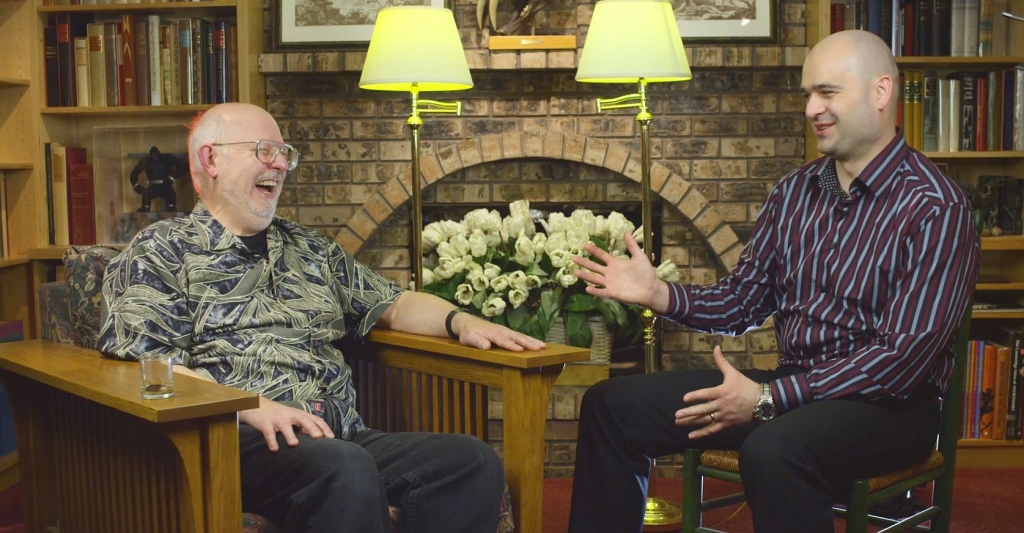
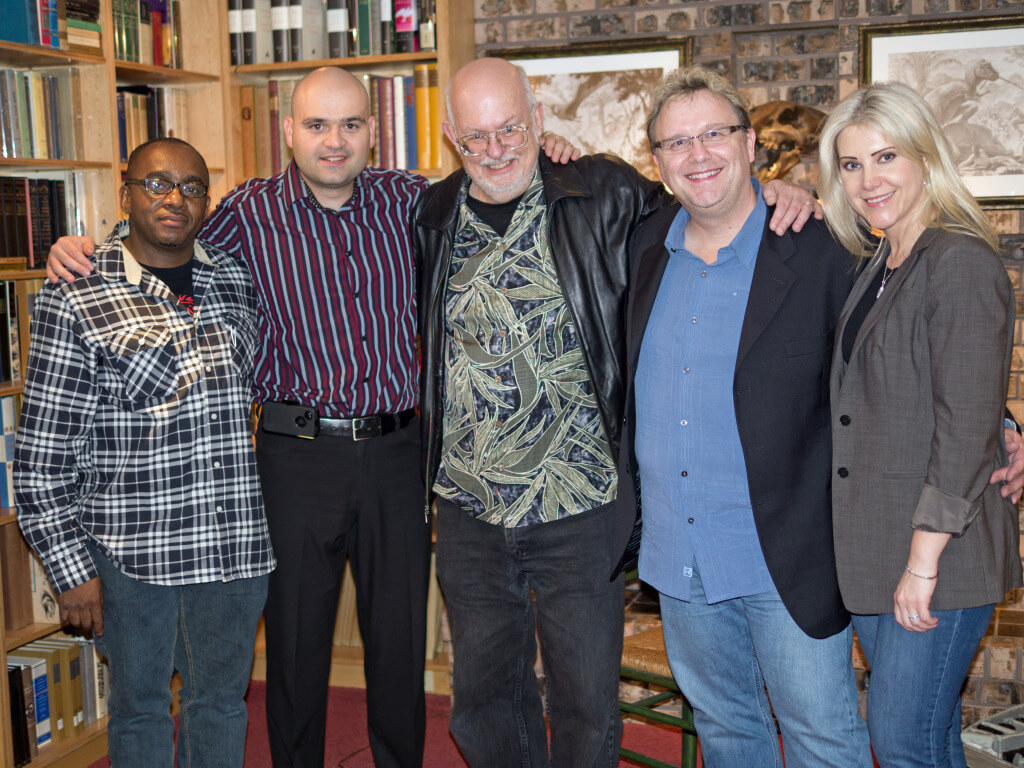
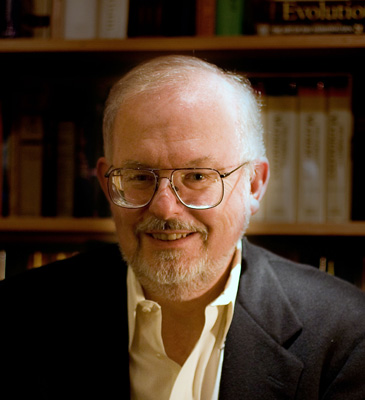 Greg Bear is the author of more than thirty books, spanning thrillers, science fiction, and fantasy, including
Greg Bear is the author of more than thirty books, spanning thrillers, science fiction, and fantasy, including 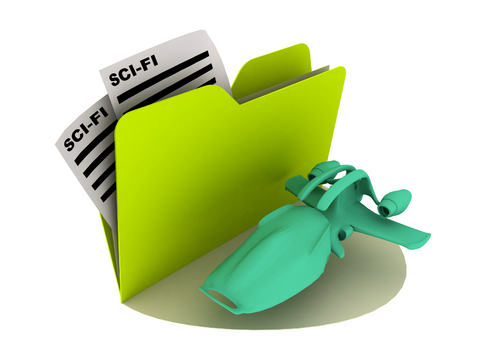

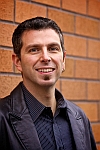

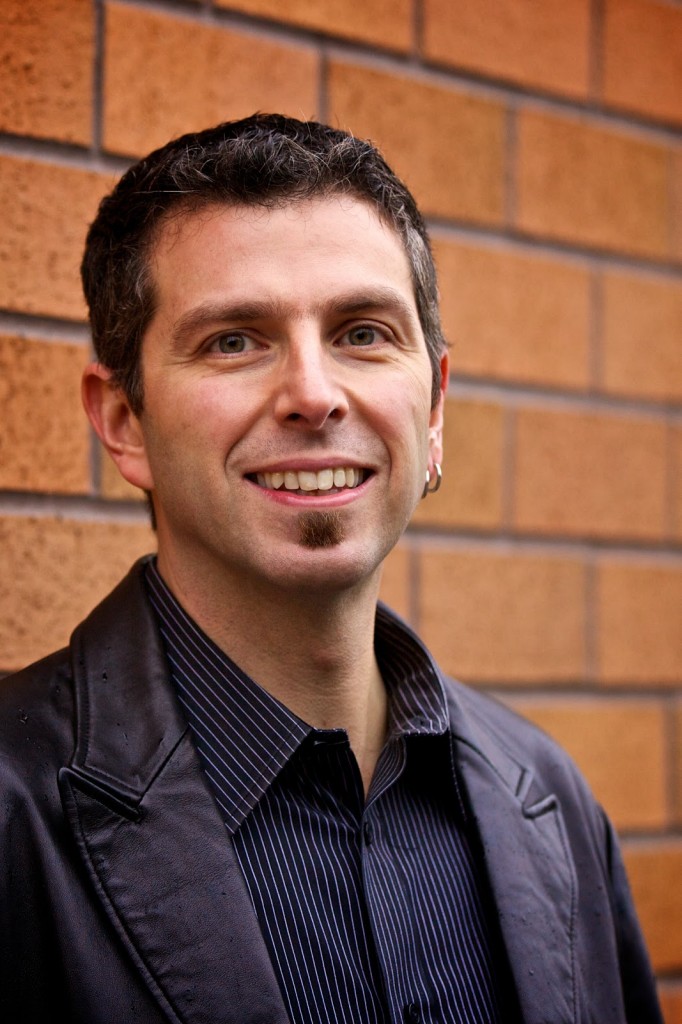



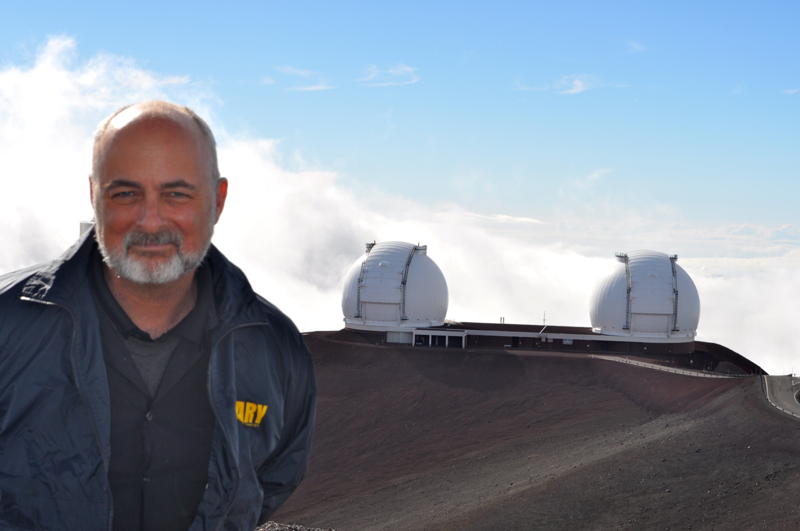
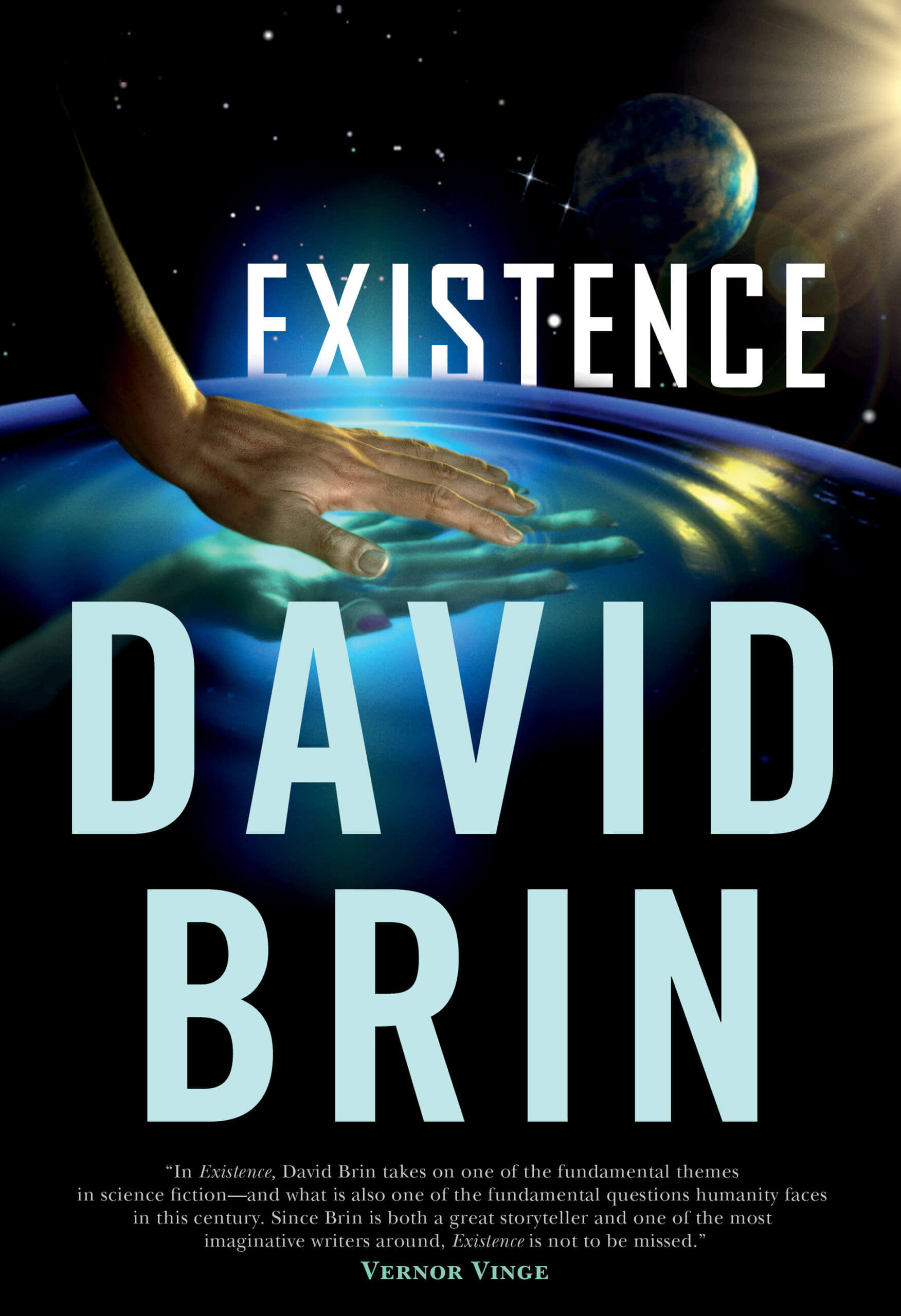 Bestselling, award-winning futurist David Brin returns to globe-spanning, high concept fiction with EXISTENCE. This 3-minute preview offers glimpses and scenes from the novel, all painted especially for this trailer by renowned web artist Patrick Farley, conveying some of the drama and what may be at stake, in our near future.
Bestselling, award-winning futurist David Brin returns to globe-spanning, high concept fiction with EXISTENCE. This 3-minute preview offers glimpses and scenes from the novel, all painted especially for this trailer by renowned web artist Patrick Farley, conveying some of the drama and what may be at stake, in our near future.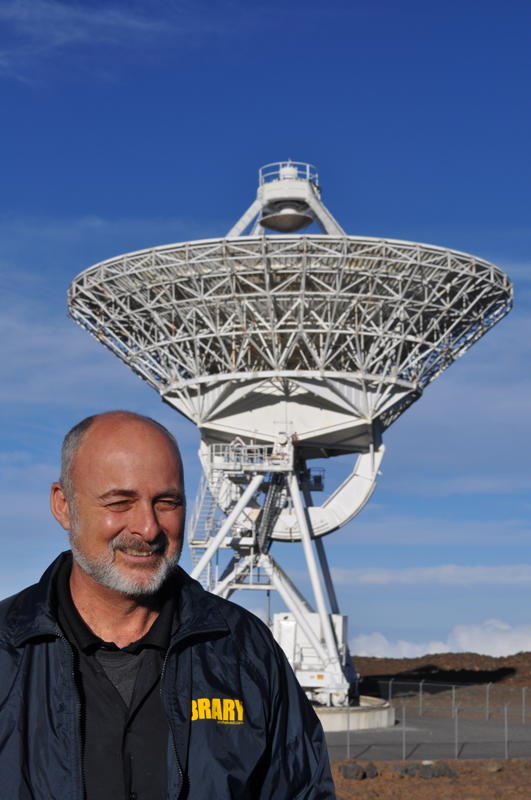 David Brin is a scientist, speaker, technical consultant, and world-known author. His novels have been New York Times Bestsellers, winning multiple Hugo, Nebula, and other awards. At least a dozen have been translated into more than twenty languages.
David Brin is a scientist, speaker, technical consultant, and world-known author. His novels have been New York Times Bestsellers, winning multiple Hugo, Nebula, and other awards. At least a dozen have been translated into more than twenty languages.
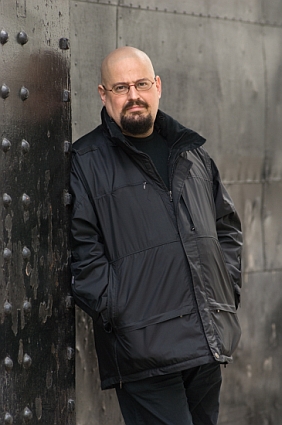 Today my guest on
Today my guest on